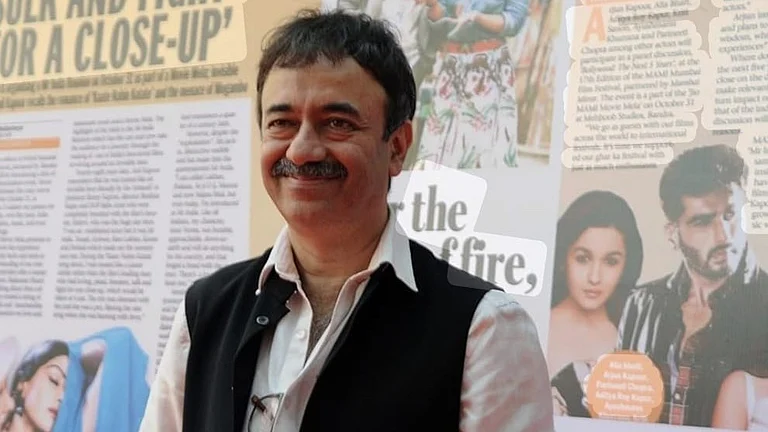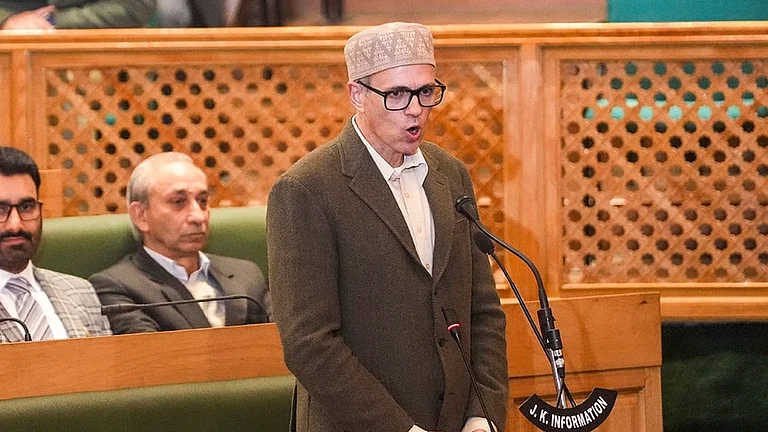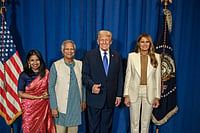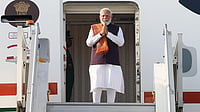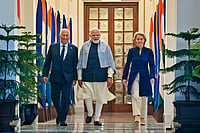In a preview of what is to come if the Taliban seizes Kabul, Dawa Khan Menapal, head of the Afghan government’s media and information centre, was killed in broad daylight in the capital city by a lone assassin. Taliban later claimed responsibility. Earlier the Taliban had attacked the home of the Defence Minister in the high-security area of the capital. All this follows a broad pattern. Ahead of the attack on the provincial capital of Kandahar, the Talibs had killed a local comedian. Next was the turn of a poet and history teacher in Urozgan province in the district of Chora. All those opposed to the Taliban or working with the government will be on the death list of the group.
Fighting is continuing across Afghanistan, even as the UNSC later on Friday will discuss the spiralling violence and civilian deaths in Afghanistan. But neither UN discussions nor appeals and threats of the international community is likely to deter the Taliban as it senses imminent victory and is ready to take revenge on its opponents.
US secretary of state Antony Blinken was on the phone a day earlier with Abdullah-Abdullah, the chief of the government peace negotiating team. There is pressure being mounted by the US and other countries for a political agreement between the Taliban and the Afghan government in Doha. The talks are scheduled for sometime later in the month. Few expect the Taliban to break the current deadlock as it sniffs military victory.
Extended Troika meet on August 11.
In a flurry of diplomatic activity ahead of the month-end deadline when the remaining 200 or so US soldiers leave Afghanistan, Russia had called a meeting of the extended troika- Russia, US, China, and Pakistan- in Doha on Wednesday, August 11. It may not be of much use as the Taliban, despite lip service to a negotiated settlement, appears to be in no mood for any compromise. Since the US signed the peace deal in February with the Taliban, the latter have already declared victory. No one can now persuade them to talk except on their terms. Simply put, the Taliban wants to take over Afghanistan and establish an Islamic Emirate.
There is much heartburn among analysts in India over not being invited for the extended Troika talks on Afghanistan. These critics believe that New Delhi has been completely side-lined in the Afghan peace process. And to be left out by old friend Moscow is a double-whammy.
It is a fact that India does not have any influence on the Taliban. It can contribute very little by being part of the extended troika. India had chosen to back the elected governments of Afghanistan, whether it was Hamid Karzai in the past or Ashraf Ghani today. The Haqqani network of the Taliban was responsible for the attack on the Indian embassy in Kabul in 2008 when a defence attaché and a young diplomat were killed. During the hijacking of the Indian Airlines plane in 1999, when the aircraft was flown to Kandahar, the Taliban government then in power in Kabul batted for the hijackers. So it is perhaps best to keep off Afghanistan for the moment.
The situation is dire, and there is little India can do by participating in the talks on August 11 in Doha. It is unlikely that the extended troika can do much more than call for a negotiated settlement. India needs to bide its time and wait for the situation in Afghanistan to settle. When the fighting is over and the time to rebuild comes, New Delhi can step in with development assistance. The government is not worried about being left out of the extended troika deliberations.








